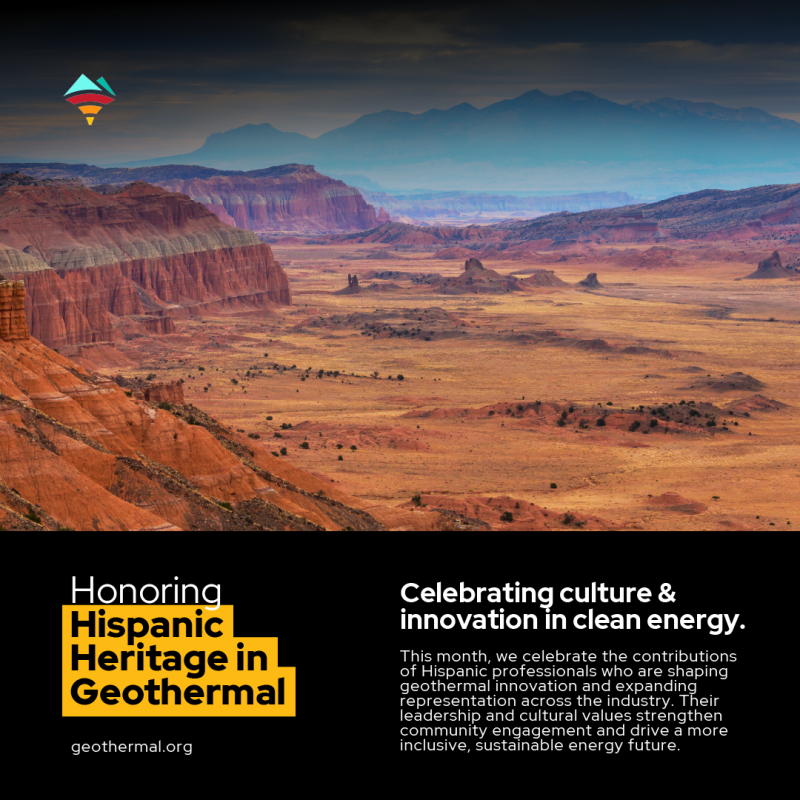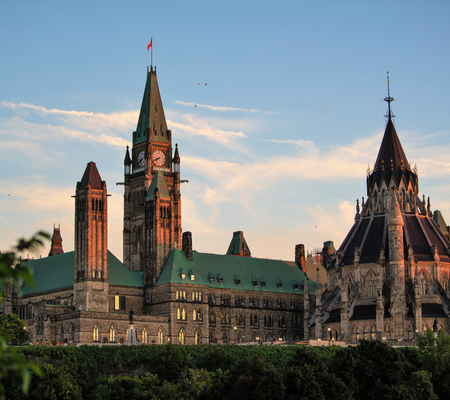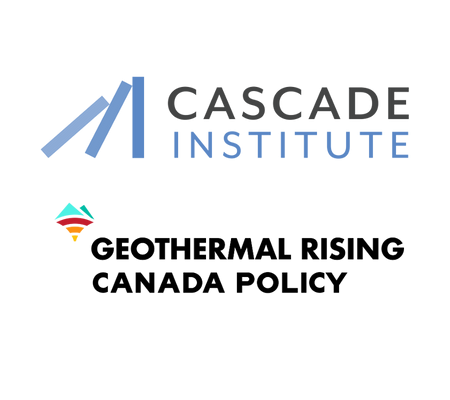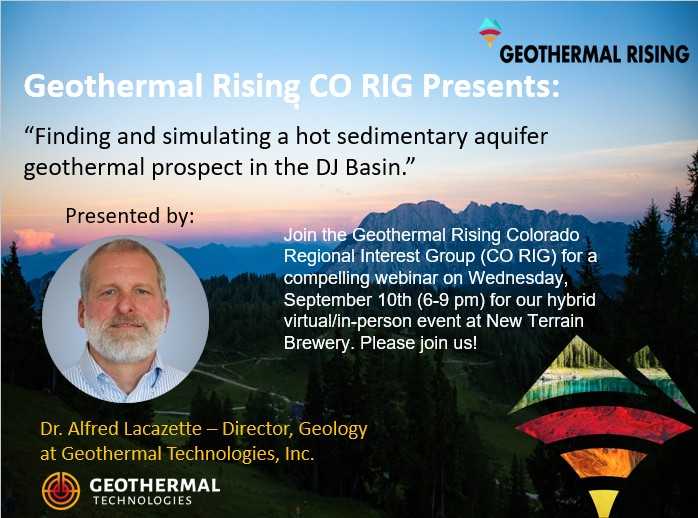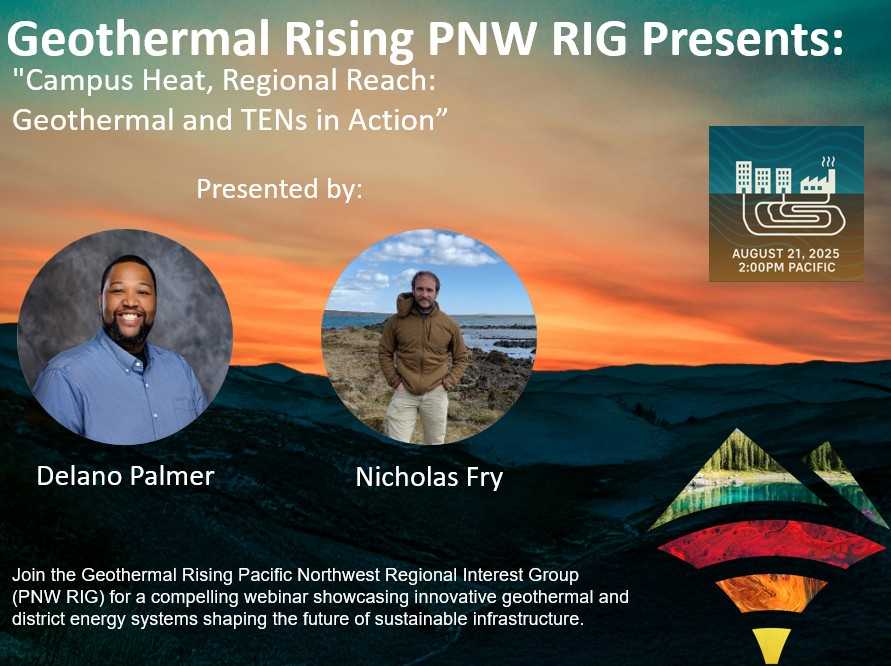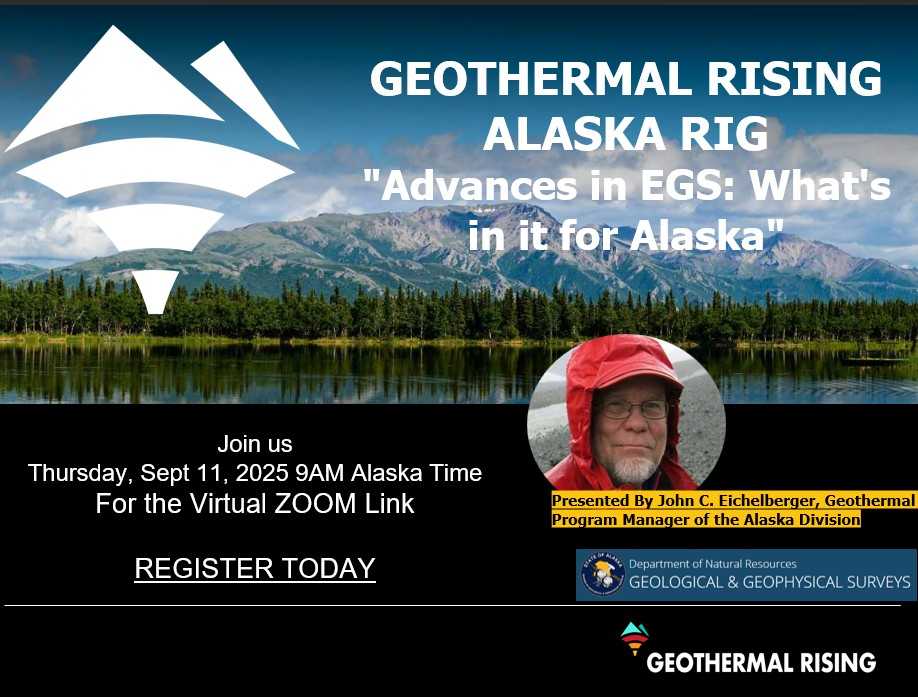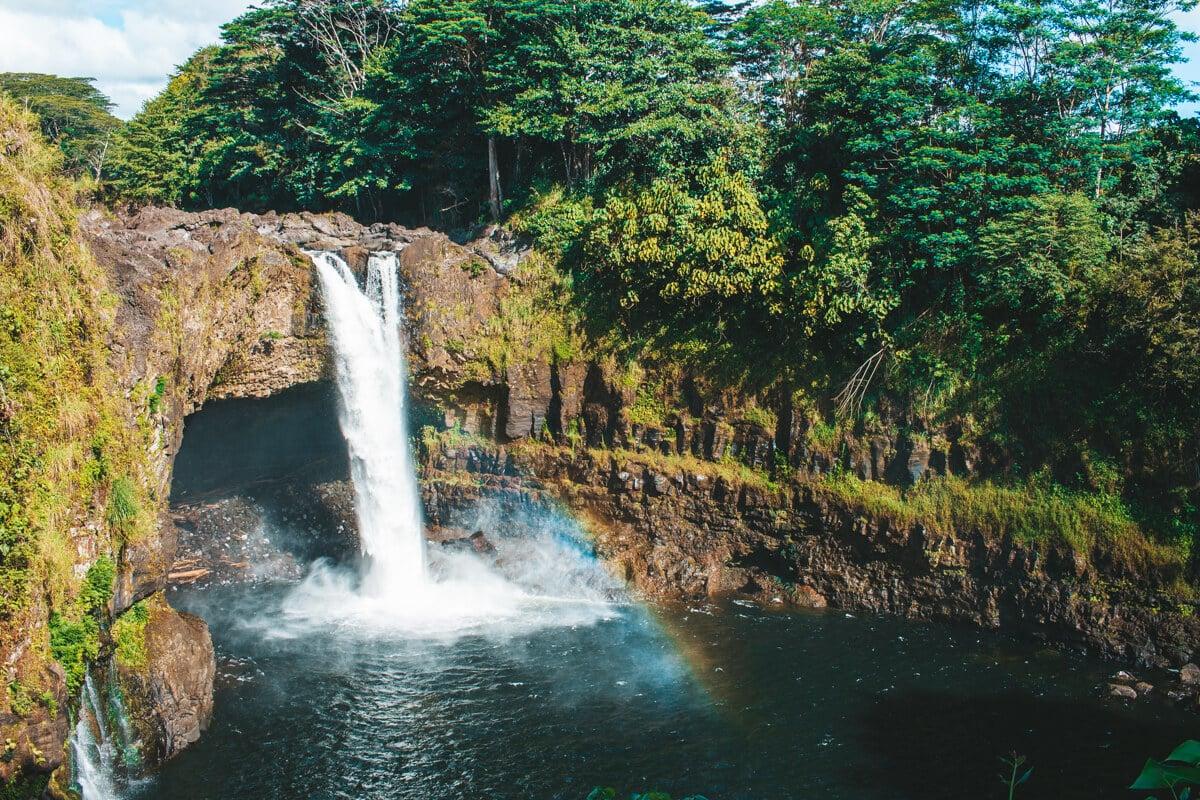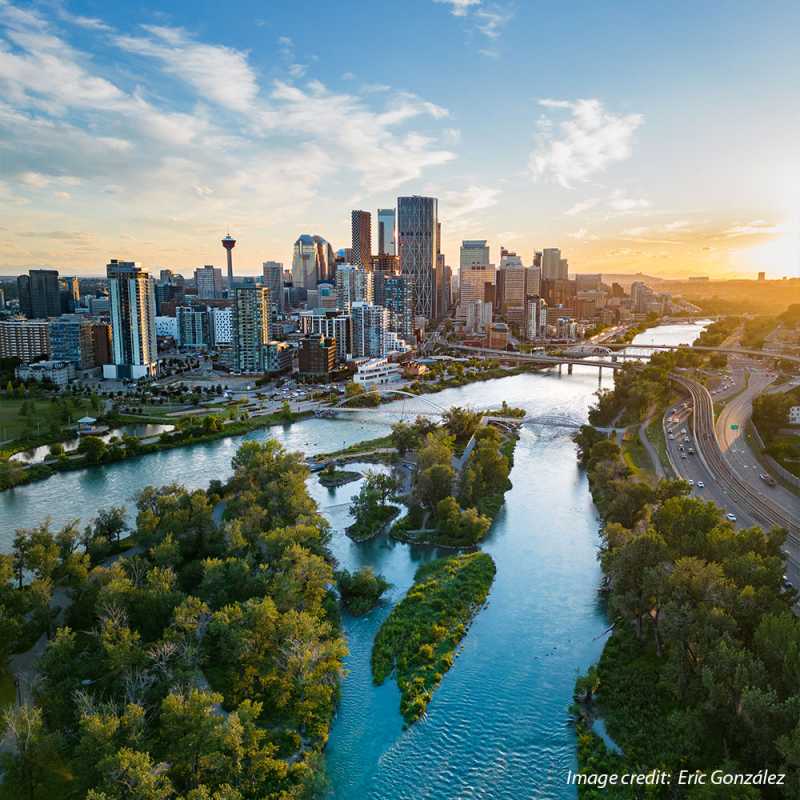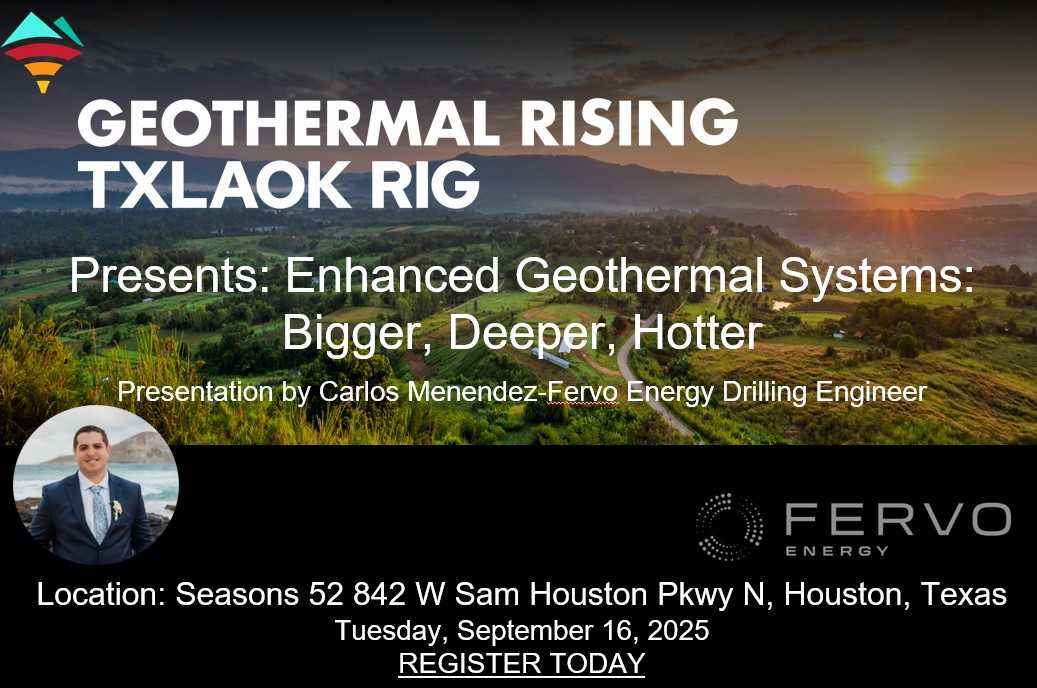Echoes of Resourcefulness: Celebrating Geothermal Wisdom in Hispanic Heritage

In the Andean regions of Ecuador, which are bisected by a chain of active volcanoes, geothermal hot springs were and remain sacred spaces. For the Inca and the preceding local cultures, these warm springs were viewed as the “breath of Pachamama” (Mother Earth).
These naturally heated, mineral-rich waters (high in sulfur, magnesium, and calcium) were the foundation of holistic medicine. Communities utilized them for therapeutic bathing and performing cleansing rituals (limpias), seeing healing as a blend of physical and spiritual restoration. The water was considered so valuable that these sites were often incorporated into elite infrastructure. Historical accounts notably mention that Inca Emperor Atahualpa was actually resting in hot springs when he first received news of the Spanish arrival, highlighting their importance as places of both royal retreat and strategic significance. This tradition demonstrates an indigenous model of direct-use geothermal heating for community and well-being.
In the societies of Mesoamerica, particularly among the Aztec during the Postclassic Period (c. 1300–1521 CE), the interaction with geothermal power was more ritualized. This came in the form of the Temazcal (Nahuatl: temazcalli, "House of Heat").
The temazcal is a dome-shaped stone or mud structure designed to represent the womb of the Earth. It uses heat and steam generated by pouring water over blazing hot volcanic rocks brought in from an external fire. This "water vapor thermal therapy" was not for casual relaxation; it was a ritual of profound societal importance:
- Purification and Rebirth: The intense, controlled heat symbolized purification, with participants emerging from the dome in a ceremonial "rebirth".
- Essential Function: The practice was vital for warriors before and after battle, for ballplayers, and in indigenous medicine. The high architectural standing of temazcales within ceremonial centers confirms their significant role in Aztec life.
The contrast between the Andean preference for direct, natural soaking and the Mesoamerican creation of an enclosed, symbolic steam chamber underscores the diversity and ingenuity within the ancient cultures that form Hispanic Heritage. Both traditions, however, shared a fundamental understanding that the Earth’s inner heat was a powerful, reliable resource to be utilized respectfully.
As we look toward a future of sustainable energy, this heritage provides an invaluable lesson: sustainable practice is intrinsically linked to cultural reverence. By appreciating the engineering behind the Aztec steam lodge and the healing wisdom of the Andean springs, we honor the ancestral connection to the planet. Recognizing these enduring indigenous contributions enriches our perspective on sustainability, demonstrating that the efficient, respectful utilization of the Earth's energy is not a modern invention, but a profound and valuable legacy of the Hispanic cultures we celebrate today.
- Haraldsson, E., & Lloret, S. (2014). Geothermal Baths, Swimming Pools and Spas: Examples from Ecuador and Iceland. Proceedings, World Geothermal Congress 2015.
- Turismo Ecuador 24. (Article on Sacred Springs and Healing Waters).
- TripSavvy / Excellence Resorts Blog on Temazcal. (Articles on the Traditional Mexican Sweat Lodge and Ancient Aztec Thermal Therapy).
This blog post is presented by the GR Workforce Success Group as part of our initiative to highlight the multifaceted cultural components of geothermal. Our mission is to build a collaborative community that advances a brighter future for our planet and all who call it home.
If you’d like to support Workforce Success or get involved, please contact Amelia Letvin at amelia@geothermal.org.
Workforce Success webpage: https://geothermal.org/our-impact/workforce-success
